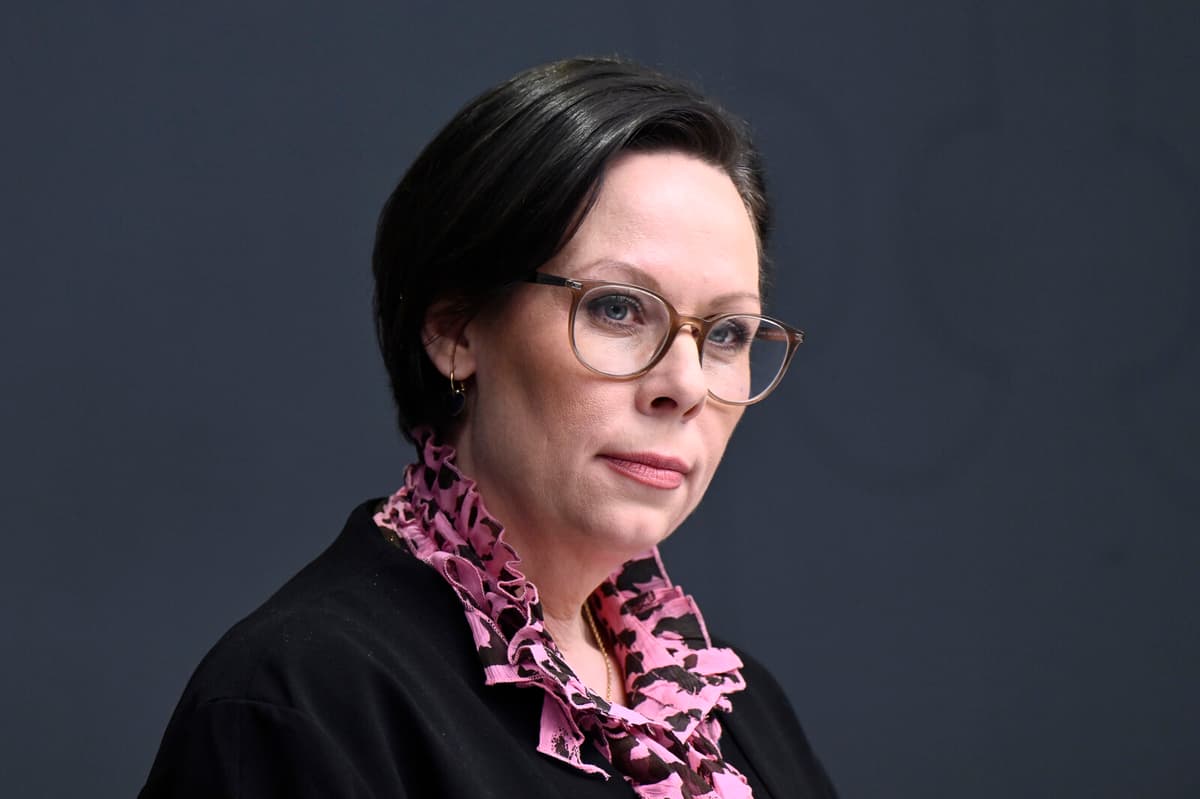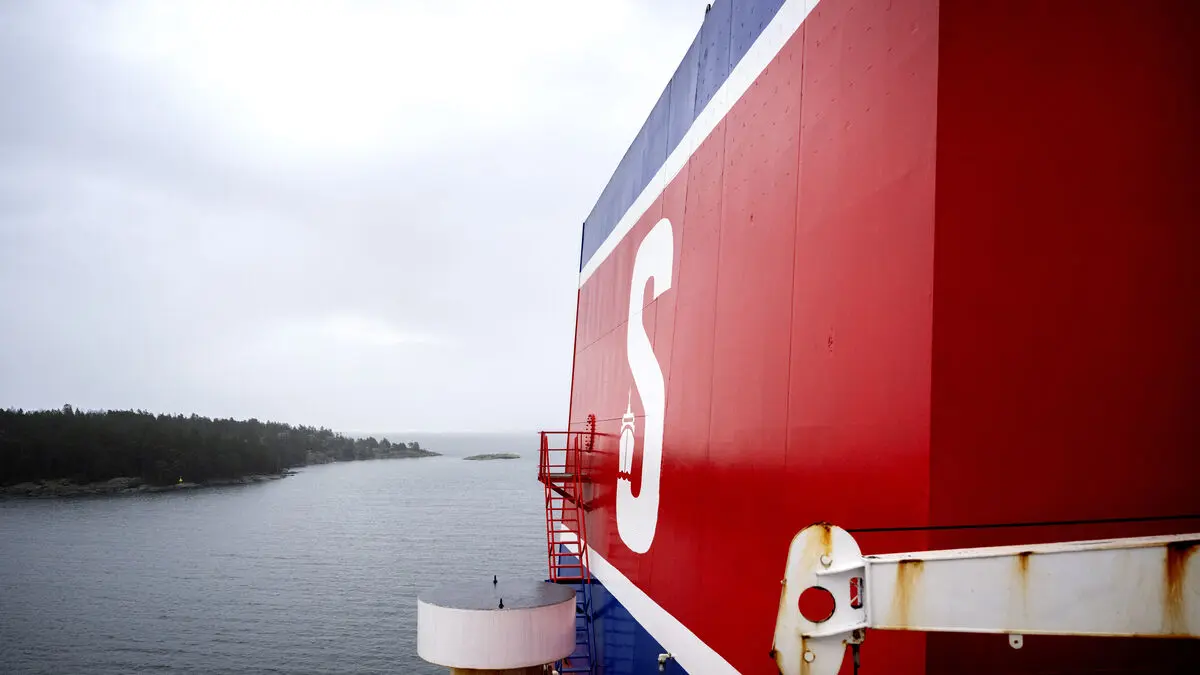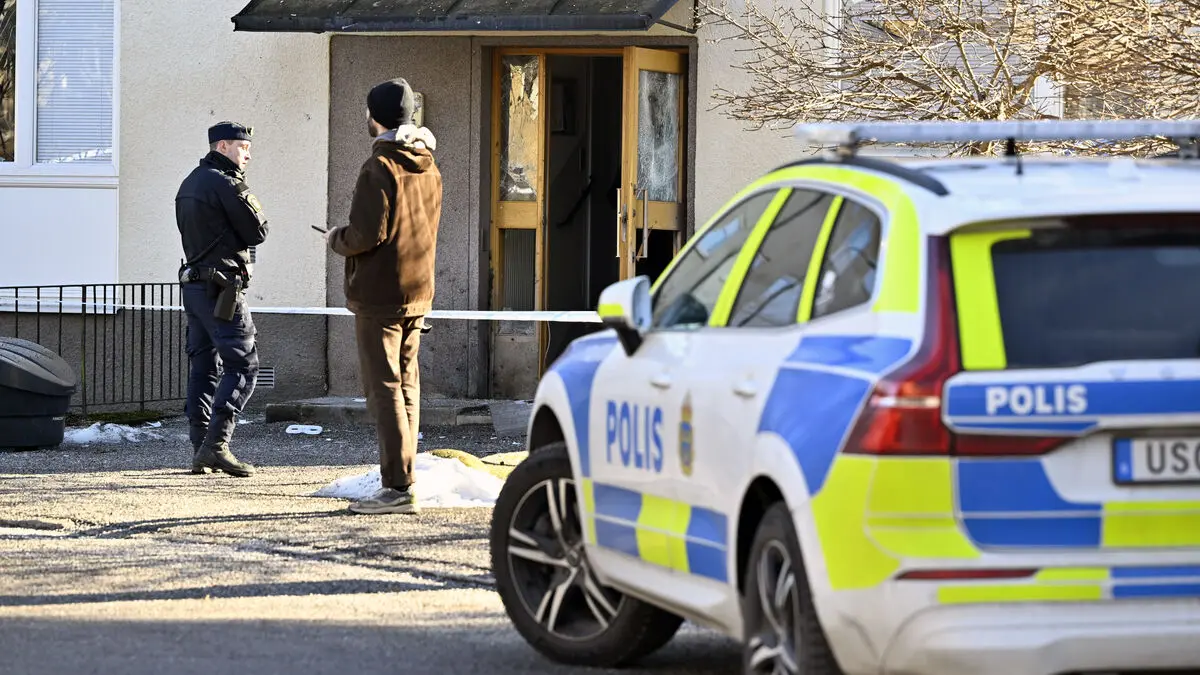We have seen a number of suspected sabotage against underwater infrastructure. It is incredibly important that we can get to the bottom of the investigations and investigate what has actually happened and who is behind it, she says to TT.
Maria Malmer Stenergard notes that the security policy situation is very serious.
We also notice this around the Baltic Sea. We therefore have increased vigilance and are always on our toes.
Daily contact
Maria Malmer Stenergard says that she is in daily contact with her ministerial colleagues in Finland and Estonia, and that authorities such as the police, prosecutors, and coast guard in the respective countries also have close cooperation.
We share information so that we can work as efficiently as possible. This is a development that must continue because it is an area that is so exposed, she says.
NATO's Secretary-General Mark Rutte announced during the day that NATO is expanding its military presence in the Baltic Sea after repeated suspected sabotage against underwater cables.
Will Sweden contribute in any way?
No request has been made yet, but if so, it will likely involve contributing within NATO's naval forces. There, we have the opportunity to act from the Swedish side, says Maria Malmer Stenergard.
Kristersson: Sweden ready
Prime Minister Ulf Kristersson (The Moderate Party) writes on X that "Sweden is ready to help".
"Have had contact with Finland's President Alexander Stubb and NATO's Secretary-General Mark Rutte. Sweden is ready to help", Kristersson writes.
He writes further that it is good that NATO is strengthening its military presence in the Baltic Sea.
"After recent events with ships suspected of having damaged and tapped underwater cables, we need to strengthen the security of our Nordic and Baltic countries. Even the Swedish coast guard is now strengthening its sea surveillance to contribute to that work".






